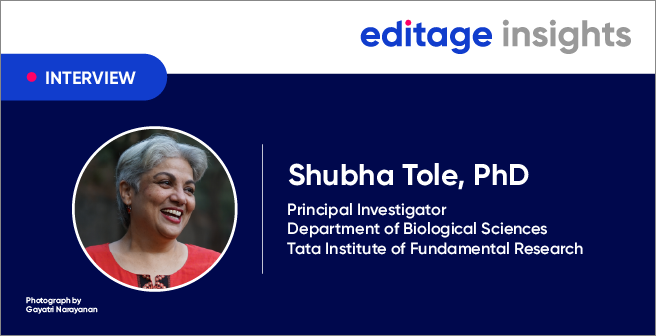I feel like I started my PhD at a sprint

Completing a PhD is like running a marathon. You can approach it as a race and attempt to finish first, or you can merely focus on finishing. You can change up your pace, run for a cause, run with someone else, and/or stop for water/bathroom breaks. Instead of pacing myself in anticipation of the long road ahead, I feel like I have started my PhD at a sprint.
I joined the lab of Dr. Pamela Wenzel at the UTHealth Center for Stem Cells and Regenerative Medicine about a month ago. Within a few weeks of starting my rotation in Dr. Wenzel’s lab, I knew that was where I wanted to stay. Our lab has multiple research projects going on right now involving cancer, traumatic brain injury, stem cell therapy, and hematopoeisis. However, our lab only consists of 4-5 people at the moment, requiring everyone to be involved in multiple projects so that we can keep up with the workload.
My dissertation project will attempt to define the role of fluid shear stress (i.e. blood flow) on the differentiation of hemogenic endothelial cells into hematopoietic stem cells, and the intracellular signalling pathways involved in this phenomenon. Hematopoietic stem cells supply the body with blood cells and immune cells, so they are pivotal in maintaining homeostasis, the body’s healthy balance, throughout life. If we can understand how these stem cells develop, we can use those pathways to create stable hematopoietic stem cells for clinical use as cell therapies.
I am incredibly excited about this project because it’s a stem cell population I’ve not worked with before, and it will utilize my engineering background studying fluid shear stress in conjunction with the cell signalling knowledge I am gaining in my current coursework.
Unfortunately, due to our lab’s multitude of projects, I have not yet had time to become familiar with the literature necessary for my project, let alone start planning experiments. All hands on deck have been utilized to perform the final experiments and data analysis necessary before a couple of manuscripts can be submitted for publication.
I spent my first few weeks in the lab working on analyzing breast cancer cell migration, which mainly involved intently staring at the computer for hours at a time in order to manually track the positions and movement of hundreds of breast cancer cells. I had previous experience using the analysis software and didn’t mind doing the work in order to free up a lab-mate’s time to perform other experiments. In addition, my contribution to the project meant that I would be listed as an author on the paper, which will look good when I later apply for scholarships and fellowships.
This past week added further procrastination in the form mouse tissue processing and flow cytometry analysis for the lab’s traumatic brain injury project. This work took 2 days this week, each day starting at 6AM and finishing between 8:30-10PM. I was not asked, but offered to help with this work because I knew how much time it would require and I wanted to alleviate the workload of my colleagues. I also earned valuable experience that will be utilized later for my project. Each person in the lab assisted with at least some of the work over those 2 days, allowing everyone to take breaks as needed and step out for other time commitments. I was very impressed with how willing everyone was to step up with their time and help out wherever they could. These were long days, but there was always someone there to talk to or go to if you needed help. We have one more long day next week, and I hope the work that day goes even smoother than the two this past week.
I need to perform one more set of analyses in order to complete the manuscript for the breast cancer cell migration studies. I’m hoping to be able to complete that work this week, but it will depend on how much of my time is needed for everything else I’m involved in right now.
I feel tired, but I don’t feel exhausted, meaning I’ll use this weekend to take a break, but I don’t want to stop helping with other’s research projects. I don’t mind how I’m spending my time now, but I’m concerned about draining myself by working so long on other people’s research projects. I have made a commitment to help and I will stick to that, but I’m hoping these side projects finish soon so that I can start preparing for the project I’m going to spend the next 3-4 years working on.
It may be that completing a PhD is less like running one marathon, and more like having one marathon for each project you’re involved in. You spend time assisting with other’s projects, helping run their marathons for a short time, while continuing to participate in the paramount marathon of completing your dissertation. The goal is to still be alive at the finish line.
Megan Livingston (@BioSciAdventure) is a Doctoral Student at the University of Texas MD Anderson/UTHealth Graduate School of Biomedical Sciences. This story was published on April 4, 2018, on Megan’s blog, Adventures of a Biosciences PhD Student (available here) and has been republished here with her permission.




